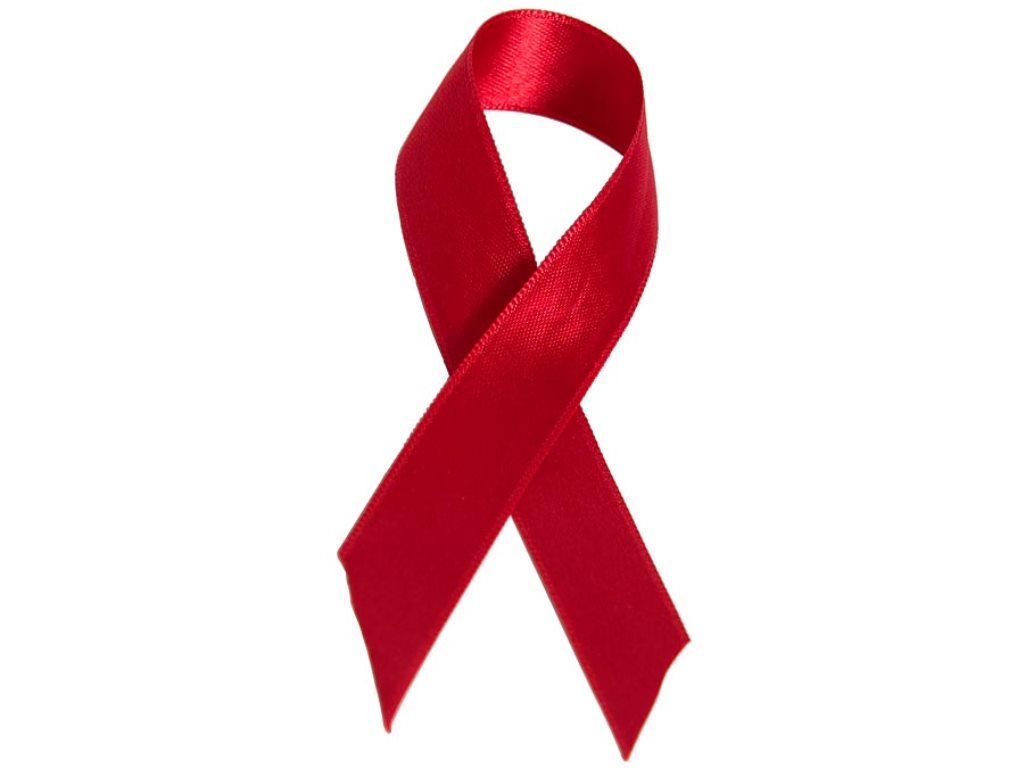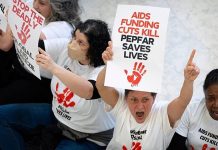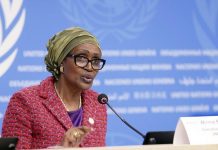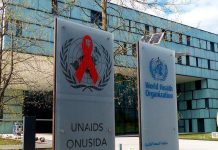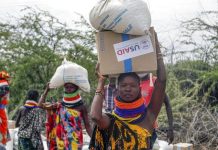Author: DEUS NGOWI
AfricaPress-Tanzania: AS nations walk towards marking the World AIDS Day, Tanzania boasts of having success in the fight against HIV/AIDS, but the public has been warned not to be carried away by the gains being recorded.
With the theme; ‘Ending the HIV/AIDS Epidemic: Resilience and Impact’, December 1st comes after many countries lost thousands of people and dropped economically due to the Covid- 19 pandemic that struck globally, with other countries still in lockdown.
Statistics show that Tanzania has done well to control the HIV epidemic. Scaling up access to AntiRetroviral Treatment (ART) has meant that between 2010 and 2018, the number of new infections declined by 13 per cent, and the number of people dying from AIDS-related illnesses has halved.
This comes nearly five years after the government established the AIDS Trust Fund (ATF), a major step for the government to increase its domestic resource allocation for the national HIV/AIDS response.
It targets to ensure availability of adequate resources to execute planned activities in order to achieve targets set.
The Joint United Nations Programme on HIV/AIDS (UNAIDS)’ DATA 2020 show that Tanzania is among countries that are closing in on the 90–90–90 testing and treatment targets.
It is said to be ‘very close’. In spite of the gains that have been reported in Tanzania and few other countries, UNAIDS Execu- tive Director, Ms Winnie Byanyima has warned that more has to be done globally.
In her foreword to the ‘UNAIDS DATA 2020’, Ms Byanyima says the global report is a call to action, as it highlights the scale of the HIV epidemic and how it runs along the fault lines of inequalities, so the gaps must be closed.
A survey carried out in Tanzania by a United Kingdom (UK) Charity – Avert – shows that the country has made significant gains in the scale-up of its ART programmes.
The number of people on ART, retained in care and virally suppressed has been steadily increasing since 2010.
“Preventing mother-to-child transmission programmes have been successful in reducing the rate of new vertical HIV infections in Tanzania,” says the report that was last updated towards the end of March this year, terming these as the key points for the country in fighting HIV/AIDS.
Tanzania was the first country in sub-Saharan Africa to introduce harm reduction programmes. The country boasts of having a fairly broad sex education curriculum.
However, access remains patchy as only one in five people who inject drugs are able to access opioid substitution therapy.
Avert has been providing trusted information about HIV and sexual health worldwide for over 30 years.
In 2018/9, the charity reached 20.7 million people through education.
From Moshi, HECTON CHUWA reports that the Kilimanjaro Regional Commissioner (RC), Ms Anna Mghwira launched the World AIDS DAY that will take place in the region at national level. RC Mghwira called on Tanzanians not to be satisfied with the drop in percentage of the prevalence of HIV/AIDS, and instead focus on eradicating the epidemic altogether.
“Statistics show that the infection rate is declining, but this should not be a reason to slow down the fight against HIV/ AIDS; instead we should continue with the fight against it with the intention of eradicating it altogether,” she said.
The RC reminded members of the public to make sure they continue testing to know their status so that when one is diagnosed with HIV or AIDS, they can start getting relevant services immediately.
Ms Mghwira hailed Tanzania Commission for AIDS (TACAIDS) for involving different stakeholders in its programmes meant to fight the Aids pandemic, a move which she said intensified the efforts in the fight. TACAIDS Executive Director, Dr Leonard Maboko said the launching of this year’s World Aids Day coincided with the charity walk event meant to contribute for AIDS Trust Fund (ATF) that he said aimed at strengthening the fight against AIDS in the country.
“ATF was established in 2015 with the aim of encouraging and mobilising donations to strengthen the fight against AIDS,” he said, adding that there have been good responses from the potential contributors. “Since its inception this fund, which is aimed to serve Tanzanians directly, has shown great success, and we have been able to provide funding for the purchase of some needed drugs. “Also through this fund, we have been able to build an AIDS education centre in Mirerani area, within Manyara region as well as the facilitation of AIDS pandemic prevention education provided to higher learning education institutions’ students,” he said.


